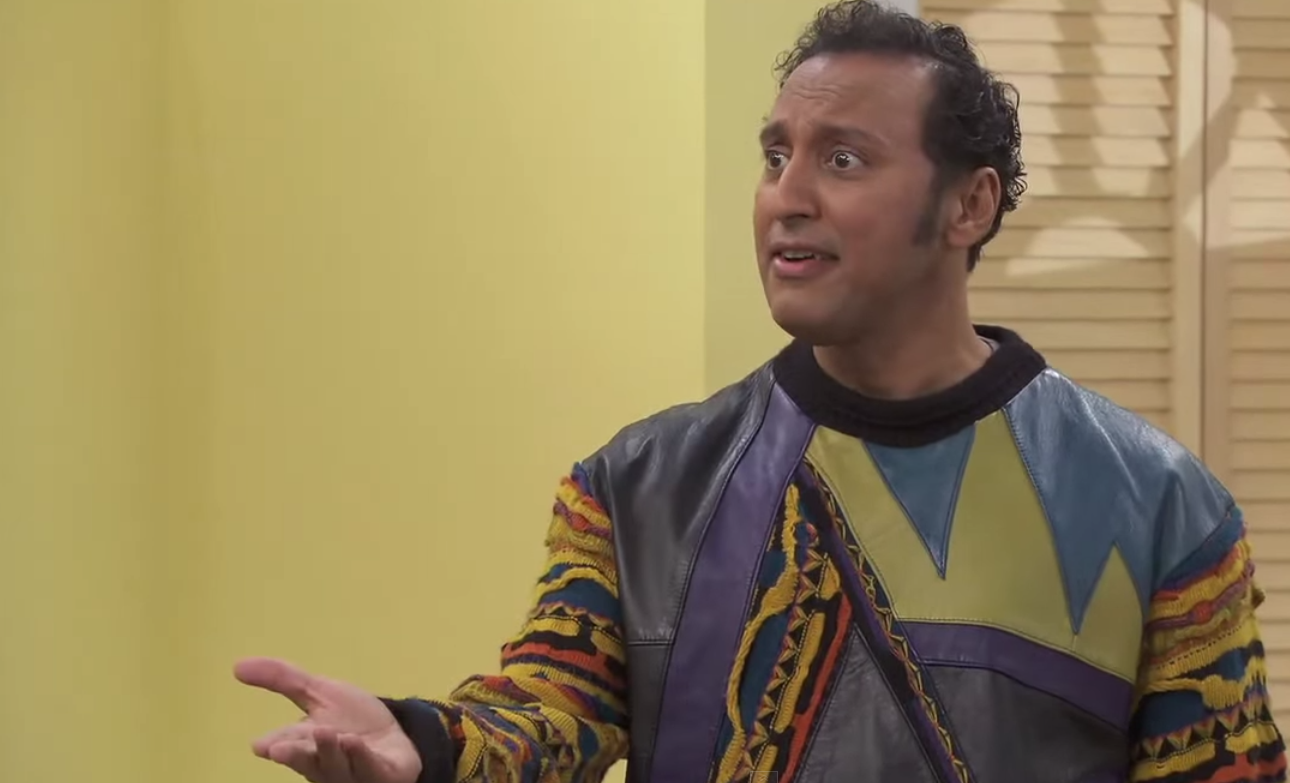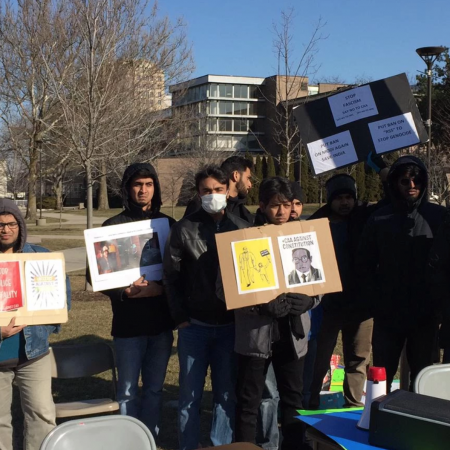US Supreme Court Denies Mehanna Appeal
By Karin Friedemann, TMO
Tarek Mehanna’s appeal to the US Supreme Court was rejected on Monday, October 6, 2014. Mehanna of Sudsbury, Massachusetts, is serving a sentence of 17 1/2 years on account of visiting Yemen to study Arabic and later translating Islamic texts for the website At Tibyan, which the government has construed as “supporting terrorism.”
“Where, exactly, does free speech end and unlawful terrorist coordination begin?” commented Mark Joseph Stern in Slate. “Translating, publishing, and praising ideological texts, no matter how morally vile, is generally considered to be a basic free speech activity. Everyone knows that the First Amendment protects translations of Mein Kampf. Why did Mehanna’s translation of jihadist hosannas land him behind bars?”
This question gains weight with the news this week that the Supreme Court also refused to hear appeals from two other Muslim men, who have suffered intolerably for no crime: Ziyad Yaghi, a North Carolina native and Guantanamo inmate Abdul Razak Ali.
“Petitioner raised arguments based solely on issues of undisputed fact: he was arrested in Pakistan, not in Afghanistan, he had nothing to do with the September 11th attacks or terrorism, and he was not engaged in hostilities against the United States or its allies at any time. Petitioner’s “malfeasance” that apparently warrants his life imprisonment without charge was simply an eighteen day stay in the same guesthouse as a man who the government once believed to be affiliated with al-Qaeda, but, as the evidence showed below, is now no longer believed by the government to have been associated with al-Qaeda,” wrote Abdul Razak Alik on August 23, 2014.
“The questions Petitioner asks in his petition are whether he can be held, indefinitely, based simply on the fact that he was staying in the same guesthouse in Pakistan as someone else who happened to once have been accused of being connected with Al-Qaeda, rather than upon actual evidence of Petitioner’s own overt acts hostile to the United States or its allies; and, where, as here, Petitioner was not alleged to have been engaged in an armed conflict against the United States in Afghanistan (or anywhere for that matter) prior to his capture. If the answer to those questions is yes, then Petitioner also asks whether there is any limit to the duration of his detention. It is clear that the government has avoided discussing or answering these questions, because its basis for holding Petitioner is based not on the law, but on its ever-expanding and elastic view of the law.”
As convincing as this argument may seem to loyal Americans, we need to be asking these questions of our government until they listen. This is very frightening, that the Supreme Court’s reaction to an obviously innocent person is to ignore his case because he is Muslim. And this doesn’t even just apply to foreigners.
Tarek Mehanna had no idea his actions were criminal . He possessed the self-confidence and outspoken attitude of a relatively affluent, American born male. His brother gave an interview on WGBH News on September 25, 2014 stating:
“The FBI was approaching my brother since 2004. So, we saw a lead up to something happening. and that kind of peaked in 2007 before we graduated from pharmacy school. He was arrested in 2008, he was let off on bail, and at that point we didn’t know what to expect. So when it happened again in 2009, at that point we didn’t know what to expect… My parents did discourage him from online activities, but his response to them was it’s free speech and it’s protected.”
Mehanna’s lawyers argued that he didn’t give any tangible support to al-Qaida, and his online activities were protected free speech.
However, five years later, Mehanna’s father Ahmed said his family had not even had “one iota of hope” that his son would get a hearing before the high court, in light of the news reports on ISIS.
“Unfortunately, the Supreme Court is affected by such a saga and such media frenzy,” Ahmed Mehanna said. “It is a very, very sad day.”
Mehanna’s prosecutor, US Attorney Carmen Ortiz, is the same one who is pursuing the prosecutions of youths accused in relation to the Boston Marathon bombings. She claims Mehanna was “using the Internet to encourage others to support terrorism.”
“I’m disappointed to see even the highest court still submissive to the executive branch’s fabrication of charges. It’s clearly the First Amendment [at issue], and they refused to even look at it.”
Mehanna was threatened with prosecution after refusing to act as an informant for the FBI. He is accused of support for terrorism, though his support never included picking up a gun or fundraising. The government alleges that Mehanna “intended” to go to Iraq to take up arms against the US, although there is no evidence of this.
16-43














2014
785 views
views
0
comments